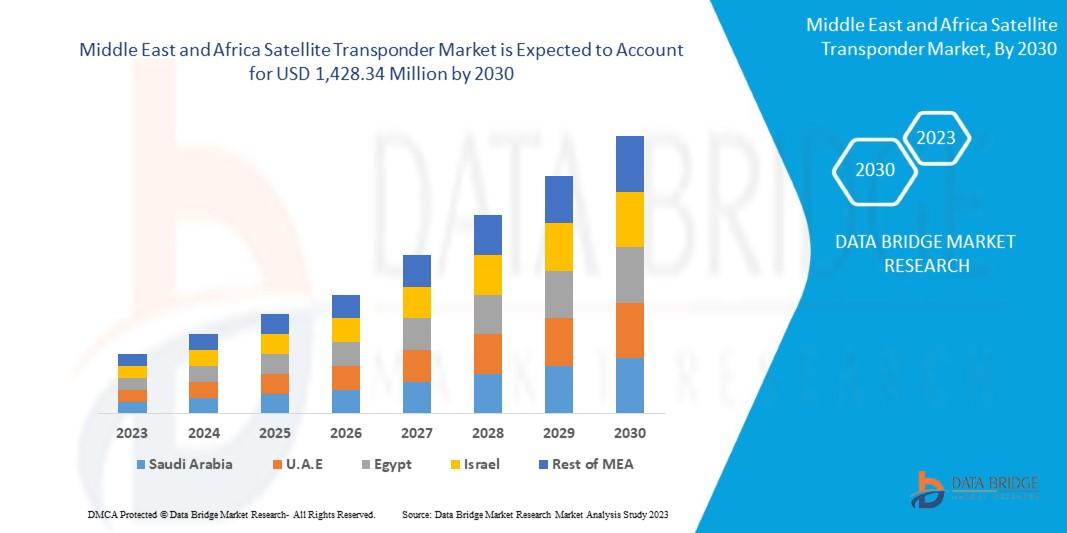iso 22301 certification
ISO 22301 Certification: Strengthening Business Continuity and Resilience
ISO 22301 is the international standard for Business Continuity Management Systems (BCMS). It provides a robust framework for organizations to identify potential threats, minimize their impact, and ensure business continuity during disruptions. Achieving ISO 22301 certification demonstrates a commitment to resilience and the ability to maintain operations even under adverse circumstances.
This article explores the importance of ISO 22301 certification, the certification process, industries that benefit, and the advantages of implementing the standard.
1. Importance of ISO 22301 Certification
ISO 22301 certification is essential for organizations seeking to safeguard their operations and enhance their resilience to unforeseen events. Key reasons why this certification matters include:
- Operational Resilience: It ensures that businesses can continue delivering critical services during disruptions such as natural disasters, cyberattacks, or supply chain failures.
- Risk Management: The standard helps organizations identify vulnerabilities and establish strategies to mitigate risks.
- Regulatory Compliance: Many industries require compliance with business continuity regulations, and ISO 22301 certification ensures adherence to such requirements.
- Customer Confidence: Certification demonstrates a commitment to reliability, building trust among customers, partners, and stakeholders.
By aligning with ISO 22301, organizations can prepare for uncertainties and maintain stability in a rapidly changing environment.
2. The ISO 22301 Certification Process
Achieving ISO 22301 certification involves a systematic approach to implementing and auditing a business continuity management system. The process typically includes the following steps:
- Gap Analysis: Conducting a preliminary assessment to identify existing business continuity practices and areas requiring improvement.
- Establishing a BCMS: Developing a tailored BCMS that aligns with ISO 22301 requirements, including risk assessment, business impact analysis, and recovery strategies.
- Implementation: Integrating the BCMS into organizational processes, including training employees and conducting exercises to test the system’s effectiveness.
- Internal Audit: Reviewing the implementation of the BCMS to identify gaps and make necessary adjustments.
- Certification Audit: Engaging an accredited certification body to conduct an external audit, which includes:
- Stage 1 Audit: Reviewing documentation and preparedness for certification.
- Stage 2 Audit: Assessing the implementation and effectiveness of the BCMS in meeting ISO 22301 requirements.
- Certification Issuance: Upon successful completion of the audit, the organization receives ISO 22301 certification.
Continuous improvement is critical, requiring regular reviews and updates to ensure the BCMS remains effective and relevant.
3. Industries That Benefit from ISO 22301 Certification
ISO 22301 certification is valuable for a wide range of industries, particularly those where uninterrupted operations are critical. These include:
- Banking and Finance: Ensuring the availability of financial services during cyberattacks or economic crises.
- Healthcare: Maintaining critical medical services during emergencies such as pandemics or natural disasters.
- IT and Telecommunications: Safeguarding data centers and communication networks to prevent downtime.
- Manufacturing: Protecting supply chains and production lines from disruptions caused by raw material shortages or equipment failures.
- Retail and E-commerce: Ensuring the availability of products and services to meet customer demands during peak periods or crises.
- Public Sector: Supporting essential government services and infrastructure during emergencies.
Organizations in any sector can benefit from ISO 22301 certification by enhancing their resilience and ability to adapt to challenges.
4. Benefits of ISO 22301 Certification
Implementing ISO 22301 and achieving certification offers numerous advantages for organizations, including:
- Enhanced Preparedness: The standard provides a clear framework for identifying risks and implementing measures to address them effectively.
- Business Continuity: ISO 22301 ensures that critical functions can continue during disruptions, minimizing financial and reputational losses.
- Stakeholder Trust: Certification demonstrates a commitment to reliability and resilience, strengthening relationships with customers, partners, and regulators.
- Improved Competitive Edge: Organizations with ISO 22301 certification stand out in the marketplace by showcasing their ability to manage risks and maintain operations.
- Cost Savings: By preventing or minimizing downtime, organizations can avoid significant financial losses associated with disruptions.
- Global Recognition: ISO 22301 certification is recognized worldwide, enhancing an organization’s credibility in international markets.
- Continuous Improvement: The certification process encourages regular reviews and updates, ensuring that the BCMS remains effective and adaptable to new challenges.
ISO 22301 certification is not just about compliance—it is a strategic investment in resilience and long-term success.
Conclusion
ISO 22301 certification is a powerful tool for organizations aiming to strengthen their business continuity capabilities and resilience. By implementing the standard, businesses can identify risks, minimize disruptions, and maintain operations even in the face of challenges.
From ensuring compliance to enhancing stakeholder confidence, ISO 22301 provides a structured approach to managing uncertainties and safeguarding critical processes. For industries where reliability is paramount, this certification serves as a mark of excellence and preparedness.
Investing in ISO 22301 certification is a proactive step toward securing organizational stability, protecting assets, and thriving in a dynamic and unpredictable world.



